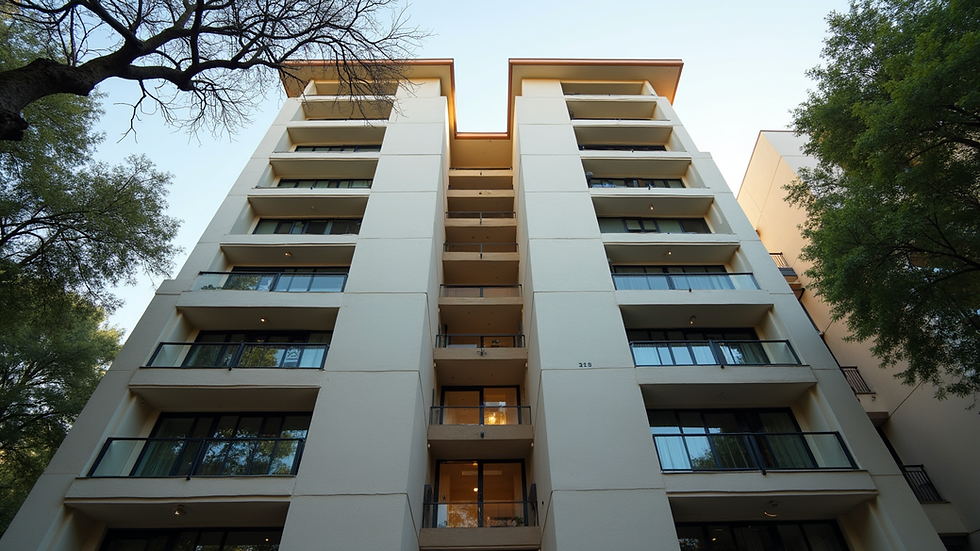How to Fix Your Credit While Renting
- Justin Reyes

- Mar 19, 2025
- 3 min read
Having a low credit score can make life harder, especially when renting a home. Landlords often check your credit when you apply for a lease, and a poor score could mean higher security deposits or even rental denials. But the good news is that you don’t need to own a home to build and repair your credit. Here’s a step-by-step guide to improving your credit while renting.

1. Pay Rent on Time and Report It to Credit Bureaus
Many landlords don’t report rent payments to the credit bureaus, but you can take matters into your own hands. Services like RentTrack, LevelCredit, and Experian RentBureau can help report your rent payments to boost your credit score. Consistently paying rent on time shows lenders that you are responsible with your financial obligations.
2. Check Your Credit Report for Errors
Mistakes on your credit report can drag your score down. Obtain free copies of your report from AnnualCreditReport.com and look for inaccuracies such as:
• Accounts that don’t belong to you
• Incorrect balances
• Late payments you actually made on time
If you find errors, dispute them with the credit bureaus (Experian, Equifax, and TransUnion) to have them corrected.
3. Reduce Credit Utilization
Your credit utilization ratio—the amount of credit you use compared to your total available credit—should stay below 30%. If possible, pay down credit card balances to lower this ratio, which can quickly improve your score.
4. Become an Authorized User on a Responsible Person’s Credit Card
If a family member or close friend has good credit, ask them to add you as an authorized user on their credit card. Their positive payment history and credit limit will reflect on your report, potentially increasing your score.
5. Use a Credit-Builder Loan or Secured Credit Card
• Credit-builder loans (offered by credit unions and online lenders) help establish payment history.
• Secured credit cards require a refundable deposit and function like regular credit cards, helping you build credit if you pay on time.
6. Make Small, Frequent Payments (Credit Card “Micropayments”)
Instead of waiting for your monthly due date, make multiple small payments throughout the month. This keeps your balance lower and can improve your credit utilization ratio.
7. Avoid Hard Inquiries and New Debt
Every time you apply for a loan or credit card, a hard inquiry appears on your report, which can slightly lower your score. Limit applications to essential credit needs to avoid unnecessary hits.
8. Negotiate to Remove Late Payments
If you have a history of late payments, contact your creditors and ask for a “goodwill adjustment.” Some lenders may remove a late payment from your record if you have a valid reason and a good relationship with them.
9. Set Up Automatic Payments or Reminders
Since payment history accounts for 35% of your credit score, missing payments can be a major setback. Use automatic payments or reminders to ensure you never miss a bill.
10. Diversify Your Credit Mix Over Time
Credit bureaus favor a mix of different credit types (credit cards, loans, retail accounts). While you shouldn’t take on unnecessary debt, responsibly managing a variety of credit accounts can help boost your score.
Final Thoughts
Repairing your credit while renting takes time and discipline, but it’s completely doable. Focus on paying rent and bills on time, lowering your credit card balances, and strategically using credit-building tools. With consistent effort, you can improve your credit score and open doors to better financial opportunities, including lower interest rates and even homeownership in the future.
Would you like recommendations for specific rent-reporting services or credit-building tools? Let us know!



Comments